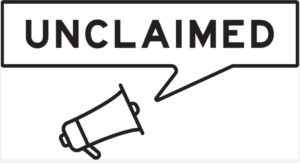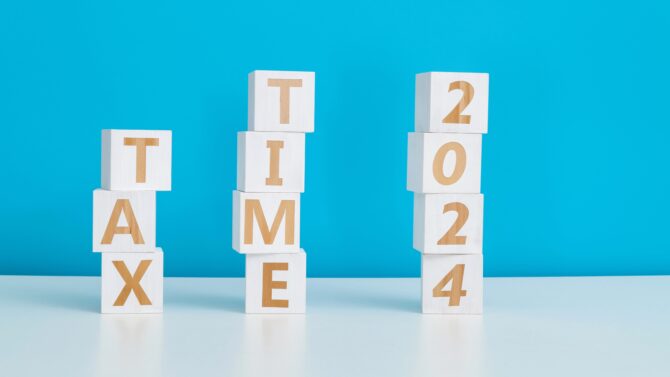
Want extra Holiday spending money? Check Unclaimed Property.
Just like the lost and found at school, unclaimed property is waiting to be reunited with its rightful owner. It is estimated that 1 in 10 people have unclaimed assets being held by state treasury offices. The national register of unclaimed property is currently worth over $49 billion. Types of property can include checking or savings accounts, stocks, refunds, CDs, security deposits, annuities, insurance payments or even the contents of safe deposit boxes.
How do assets become unclaimed? Financial institutions and insurers are required to escheat any assets to the state treasury if the owner has failed to contact the company after a certain period of time (as little as one year in some states). In the case of checks that get forfeited, they typically aren’t cashed within the allotted time period or they are returned to the issuer as undelivered. Surprisingly, brokerage accounts can be considered ‘inactive’ by simply not signing in to the online portal or if electronic notices are consistently being returned undelivered. While banks and investment companies must make a reasonable effort to locate the owner, being aware of this rule will help ensure your ‘set it and forget it’ investment accounts remain where you want them… in the account and not in the hands of the state. Another common example is vacating a property and having utility or security deposits returned but did not leave a forwarding address. There is no statute of limitations on holding or claiming the funds with the state offices.
How do I find unclaimed money? Every state in the US has an unclaimed property office run by the state treasury. There is also a national registry that oversees the program. To check and see what you may have left behind, you can do a free search using your state’s unclaimed property site or the national registry at www.unclaimed.org which searches across all states. The searches are free and take just a few minutes to conduct.
How do I make a claim? If you are lucky enough to find property on the registry, the claims process can vary from state to state, so be sure and check the rules on how you prove that you are the rightful owner. The process typically involves completing some paperwork and providing personal identification documents such as driver’s license, social security card, marriage certificate, etc. If you are serving as an executor or are an heir of an estate, you should search the decedent’s records for any assets that may have been missed when originally distributing the estate. Ladies, be sure to check under both your married and maiden names. Lastly, most states have a program that will allow you to donate your claimed property, however, it is limited on where you can direct your donation.
Additional places to look for money that may be owed to you:
- HUD/FHA – If you had an FHA-insured mortgage, you may be eligible for a refund. Visit https://entp.hud.gov/dsrs/refunds/ to see if your name is on the list
- VA Life Insurance – Death awards, dividend checks and premium refunds that were mailed and returned by the post office may be waiting for delivery. You can check to see if you are on the list by visiting https://insurance.va.gov/UnclaimedFunds
- Failed Banks – FDIC provides deposit insurance to financial institutions and depositors of these institutions and is responsible for the payment of insured deposts. Visit this site to see if you have any funds to claim: https://closedbanks.fdic.gov/funds/
- Failed Credit Unions – When a credit union with federal insurance is liquidated, the National Credit Union Association is responsible for paying the share accounts to the members. Check to see if you are owed funds here: https://www.ncua.gov/support-services/conservatorships-liquidations/unclaimed-deposits
- Savings Bonds – https://treasuryhunt.gov/ is a free tool to look for matured, uncashed savings bonds (over 30 years old and no longer earning interest)
- Bankruptcy creditor – If you are owed money as a result of a bankruptcy case, you can check for unclaimed funds here: https://ucf.uscourts.gov/



